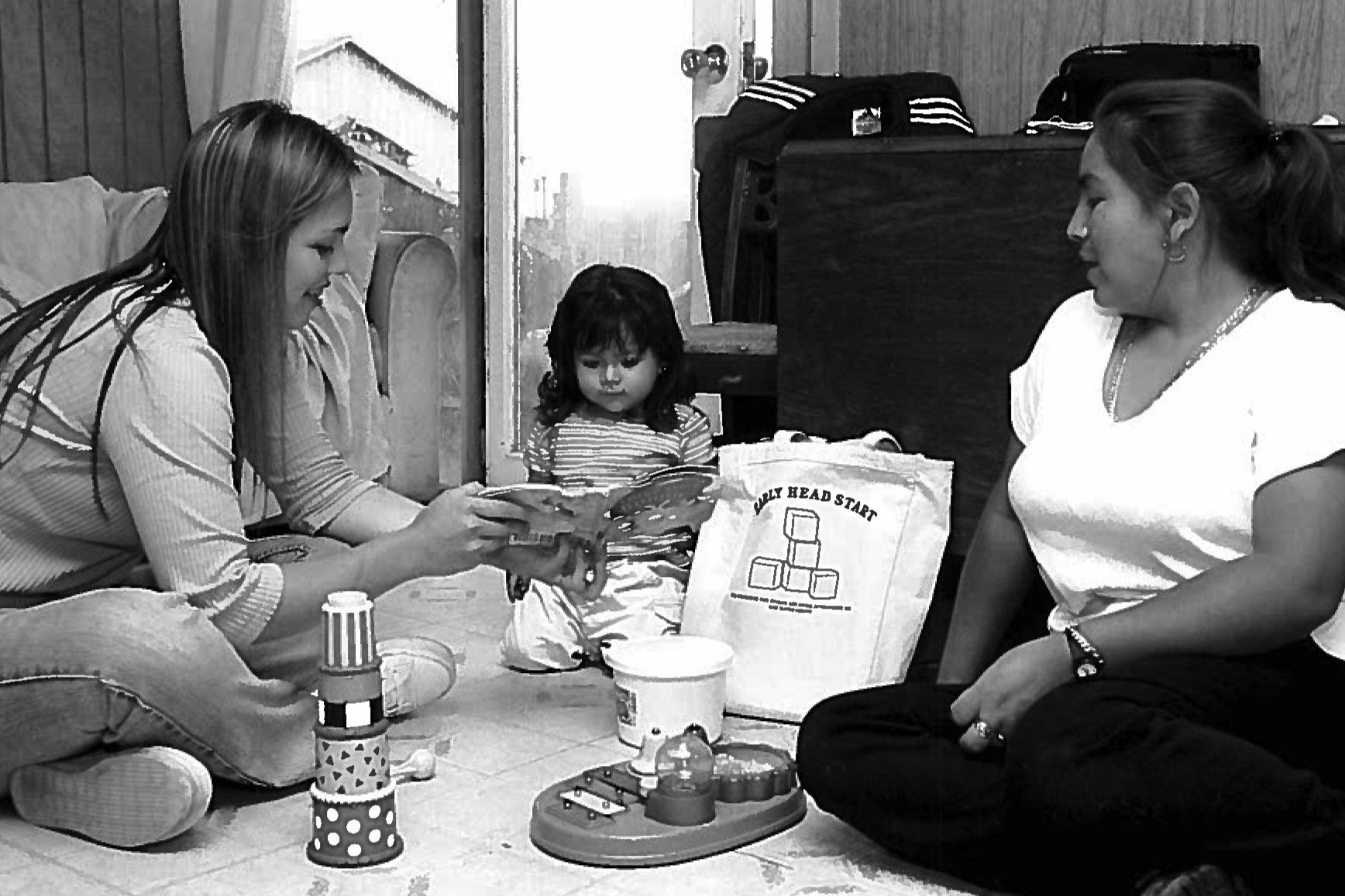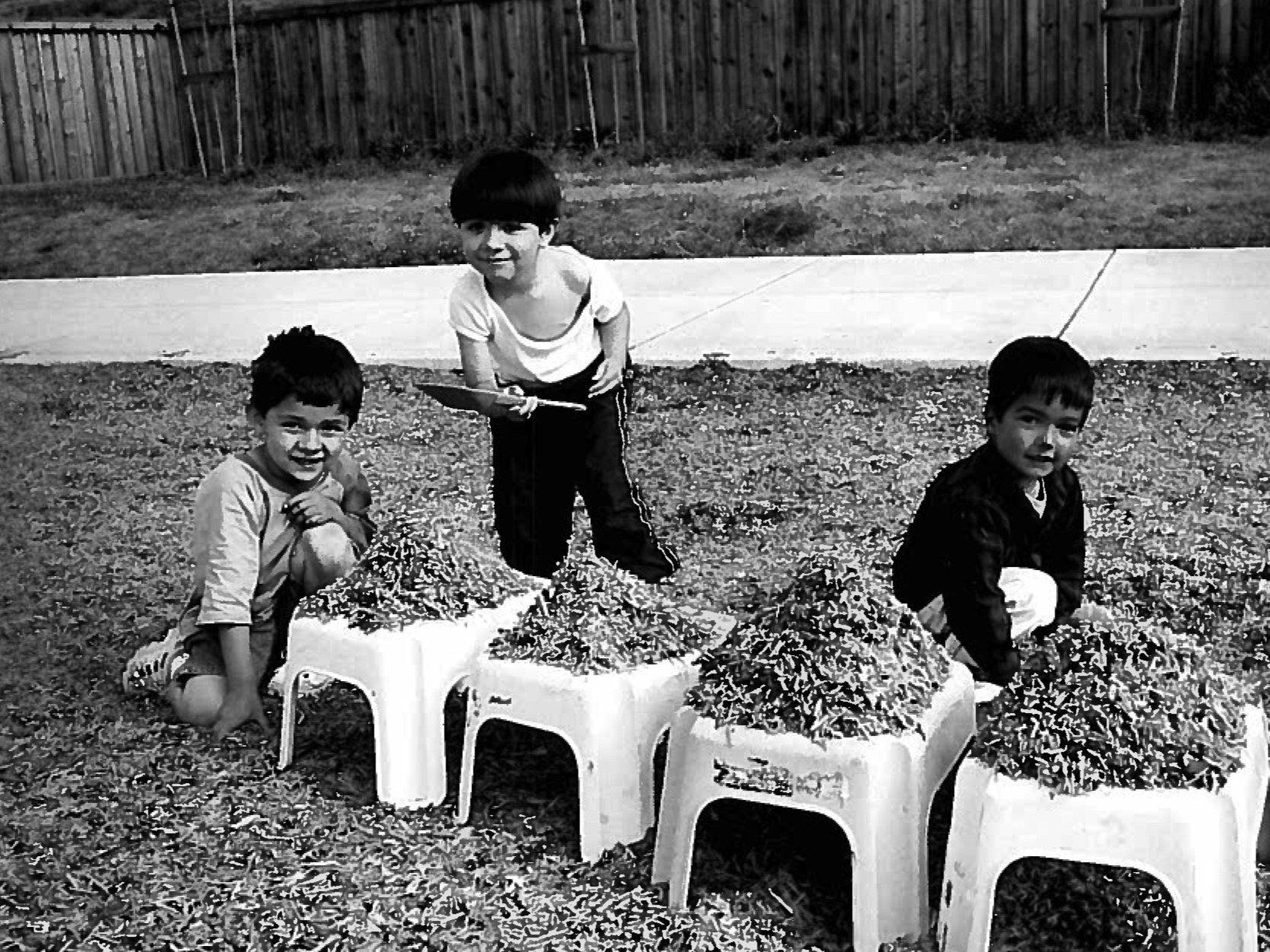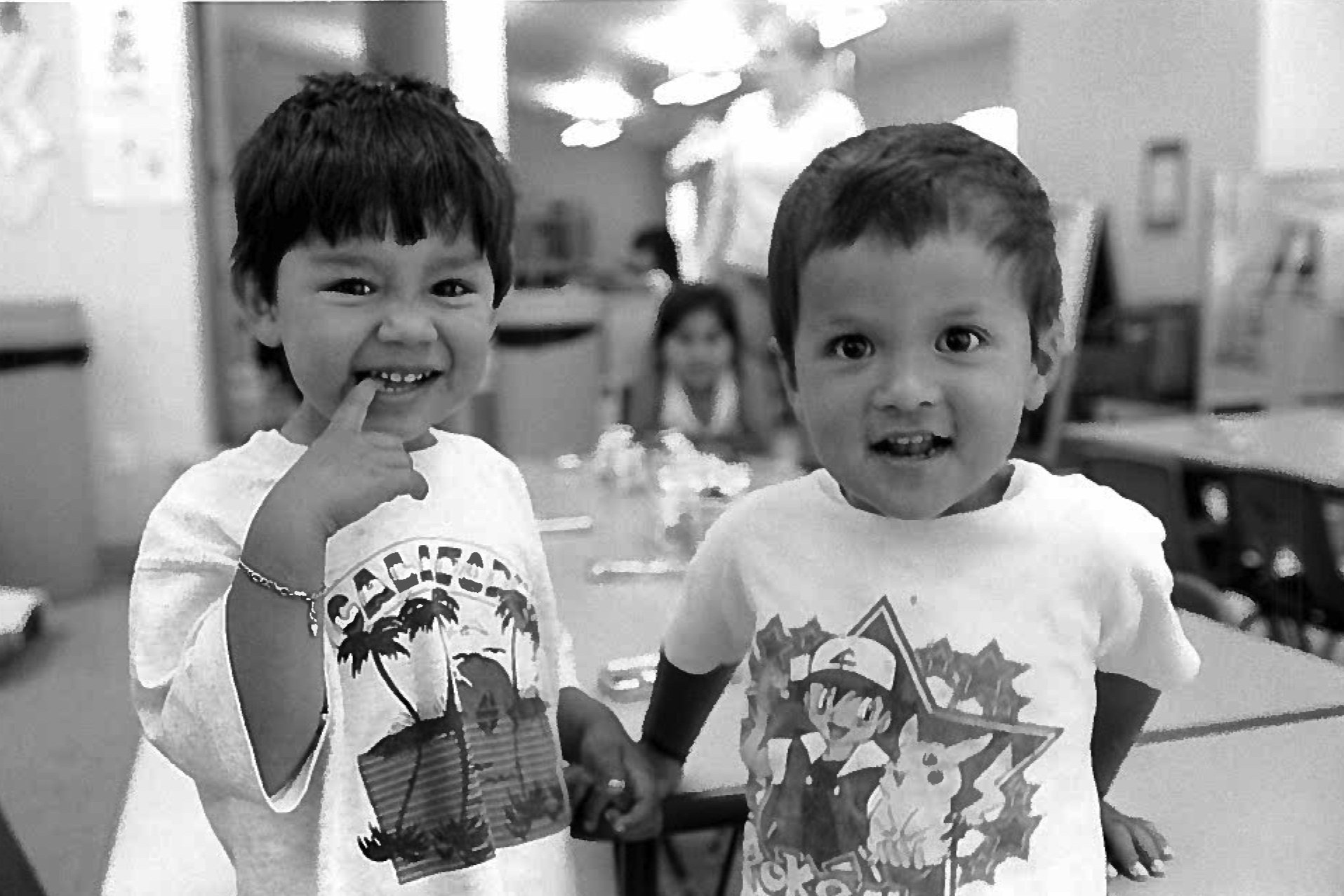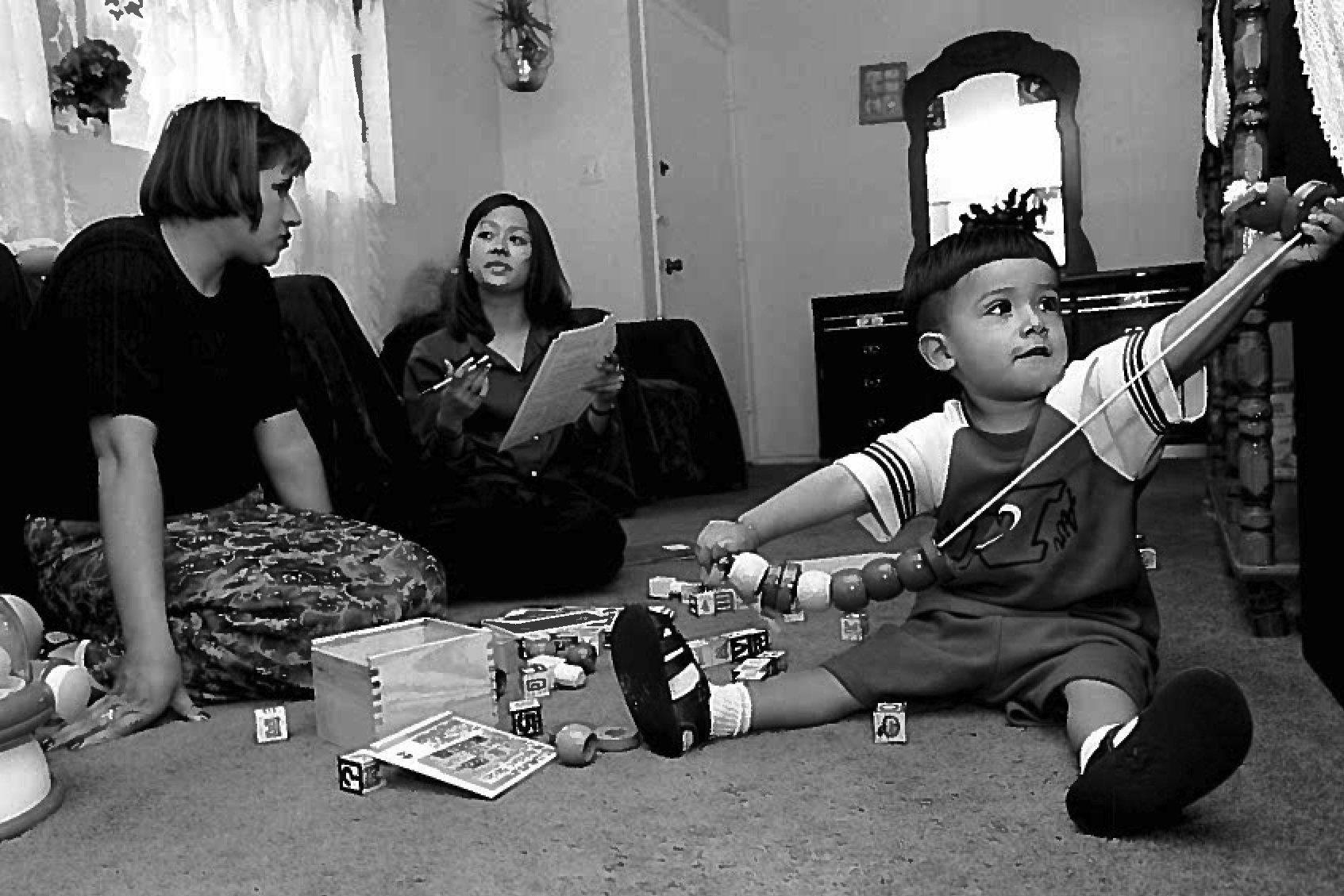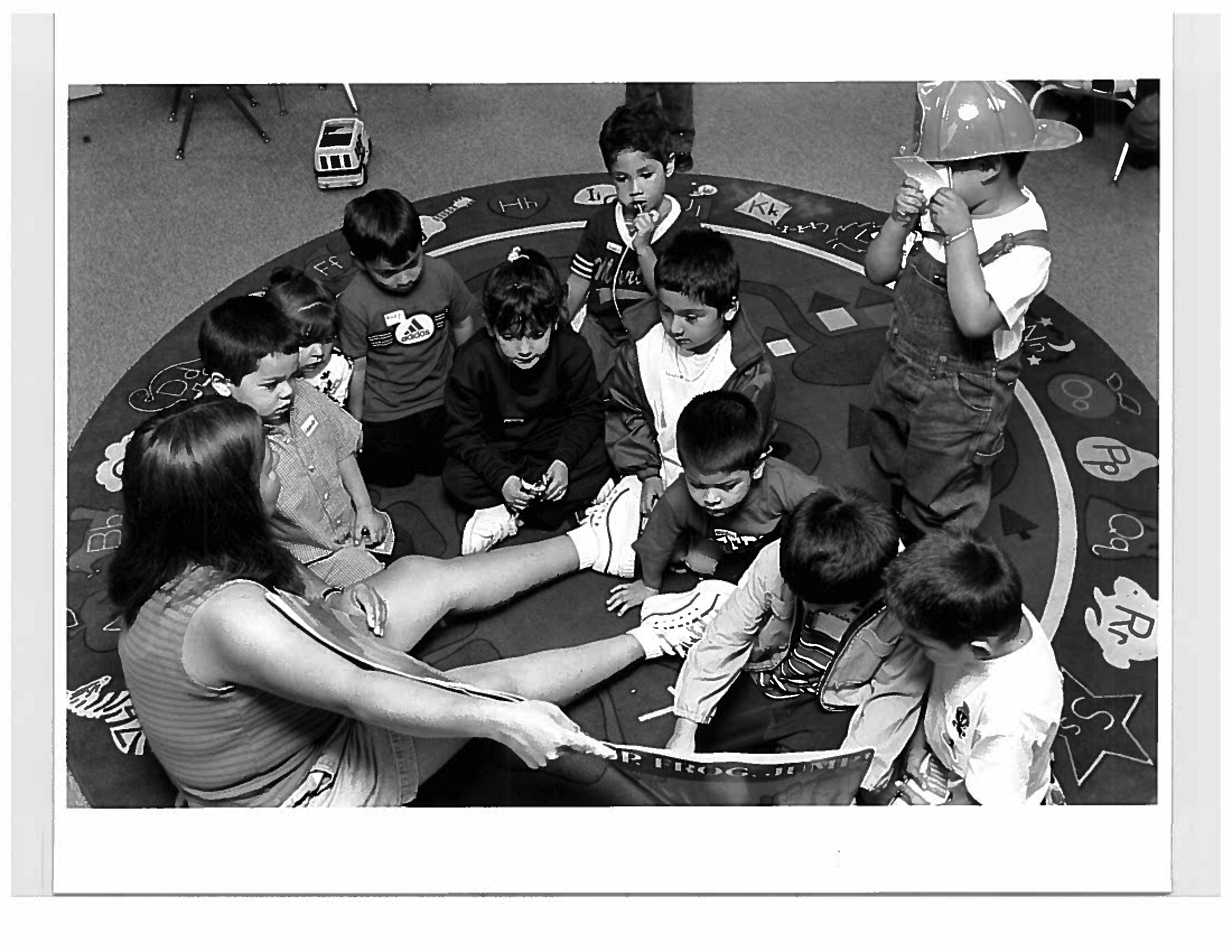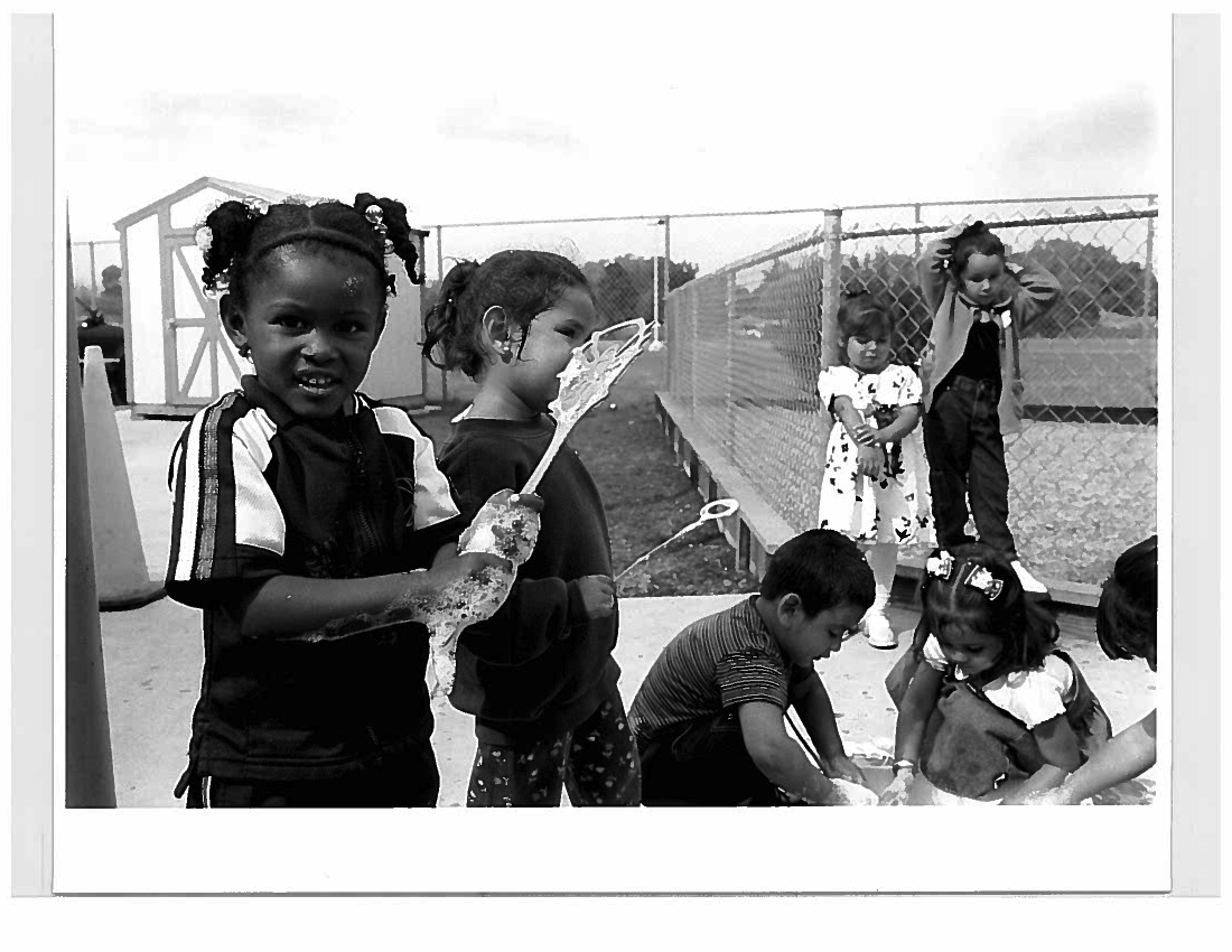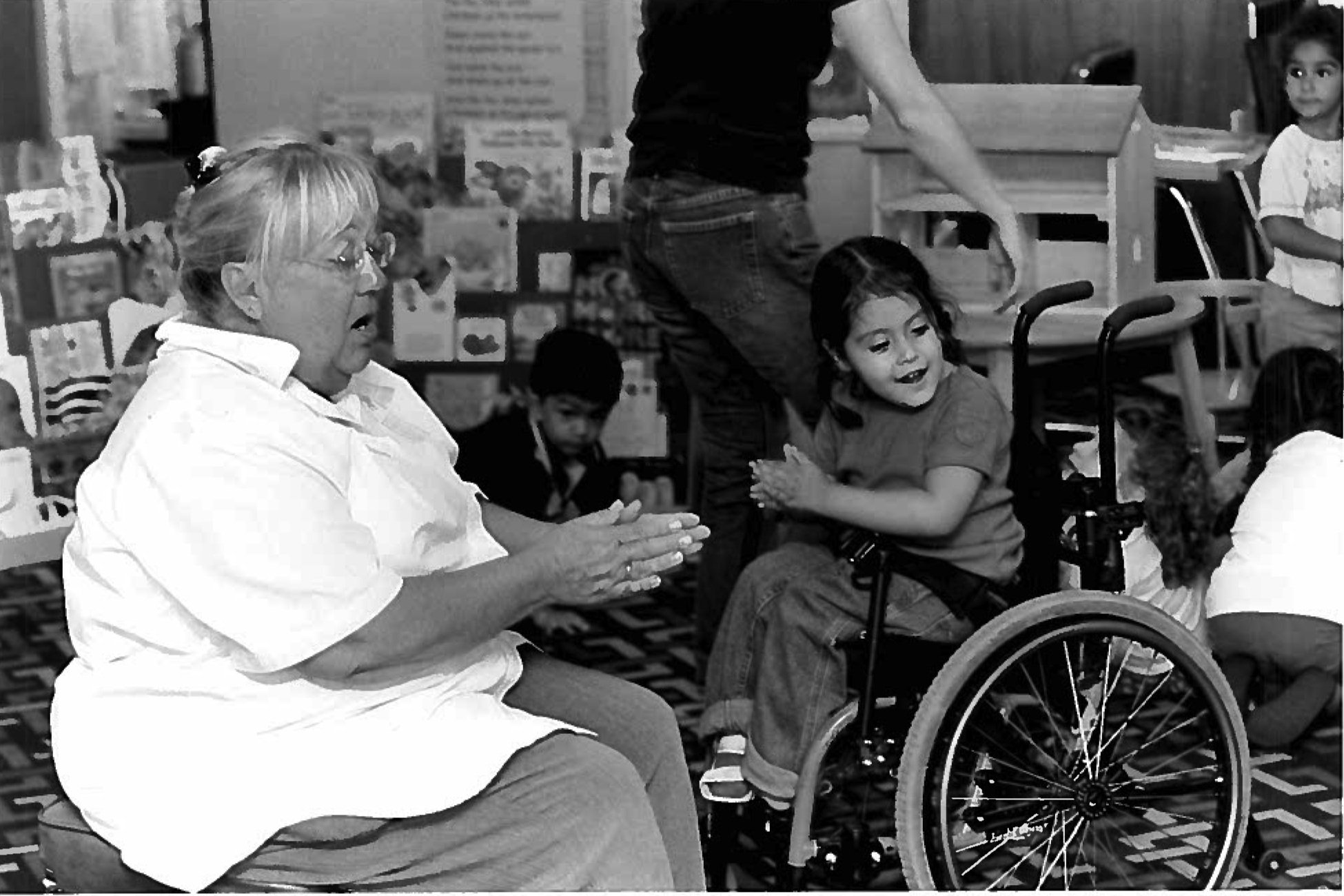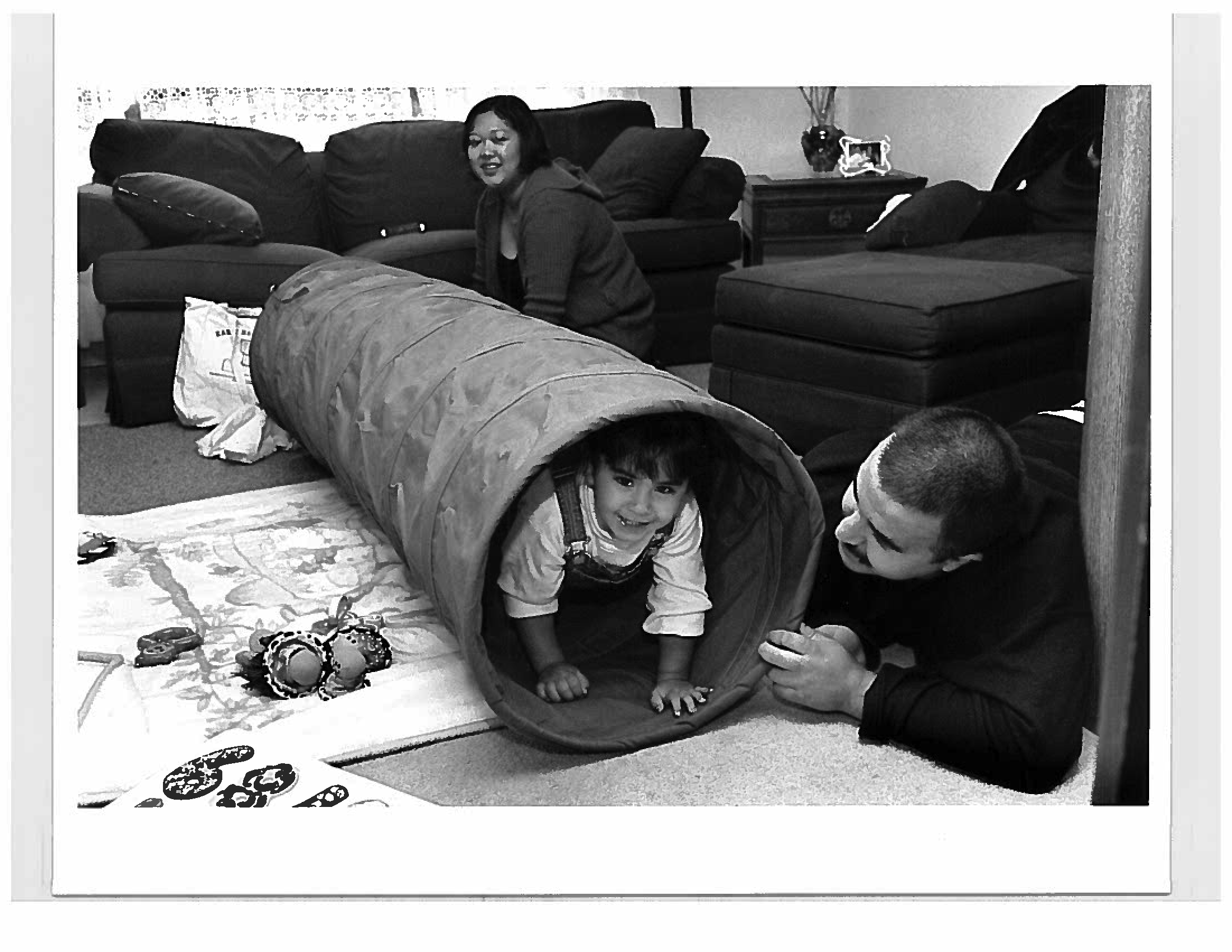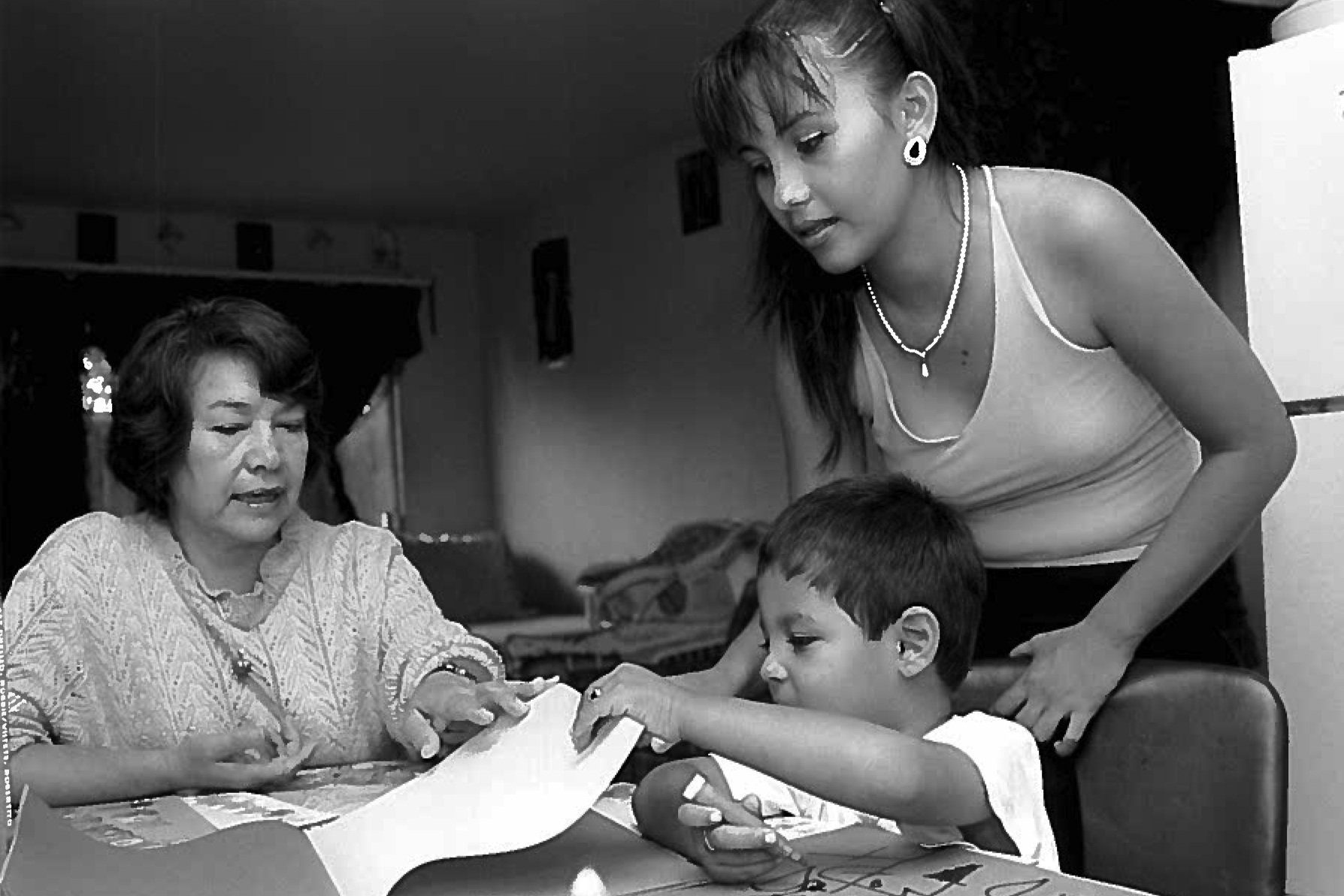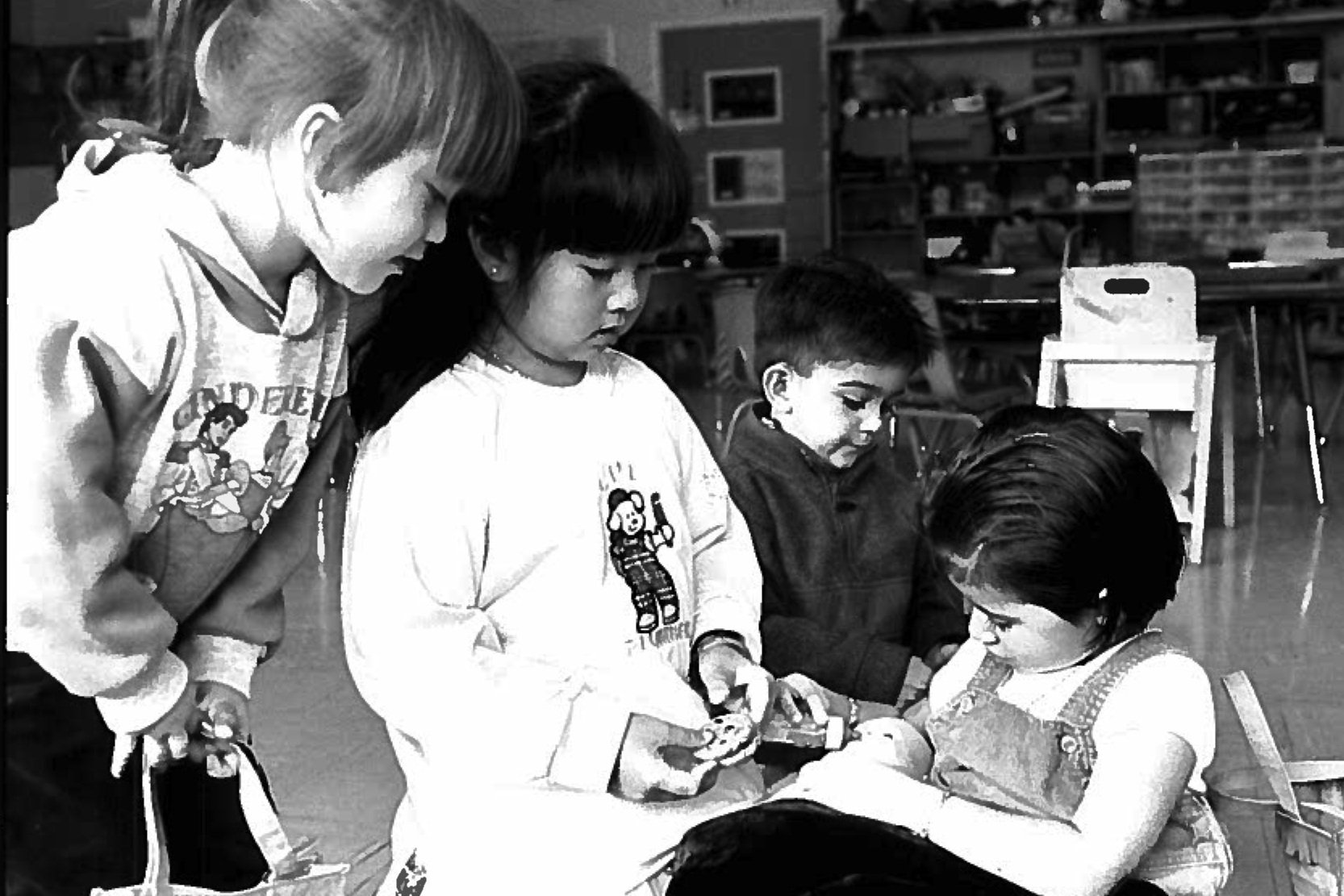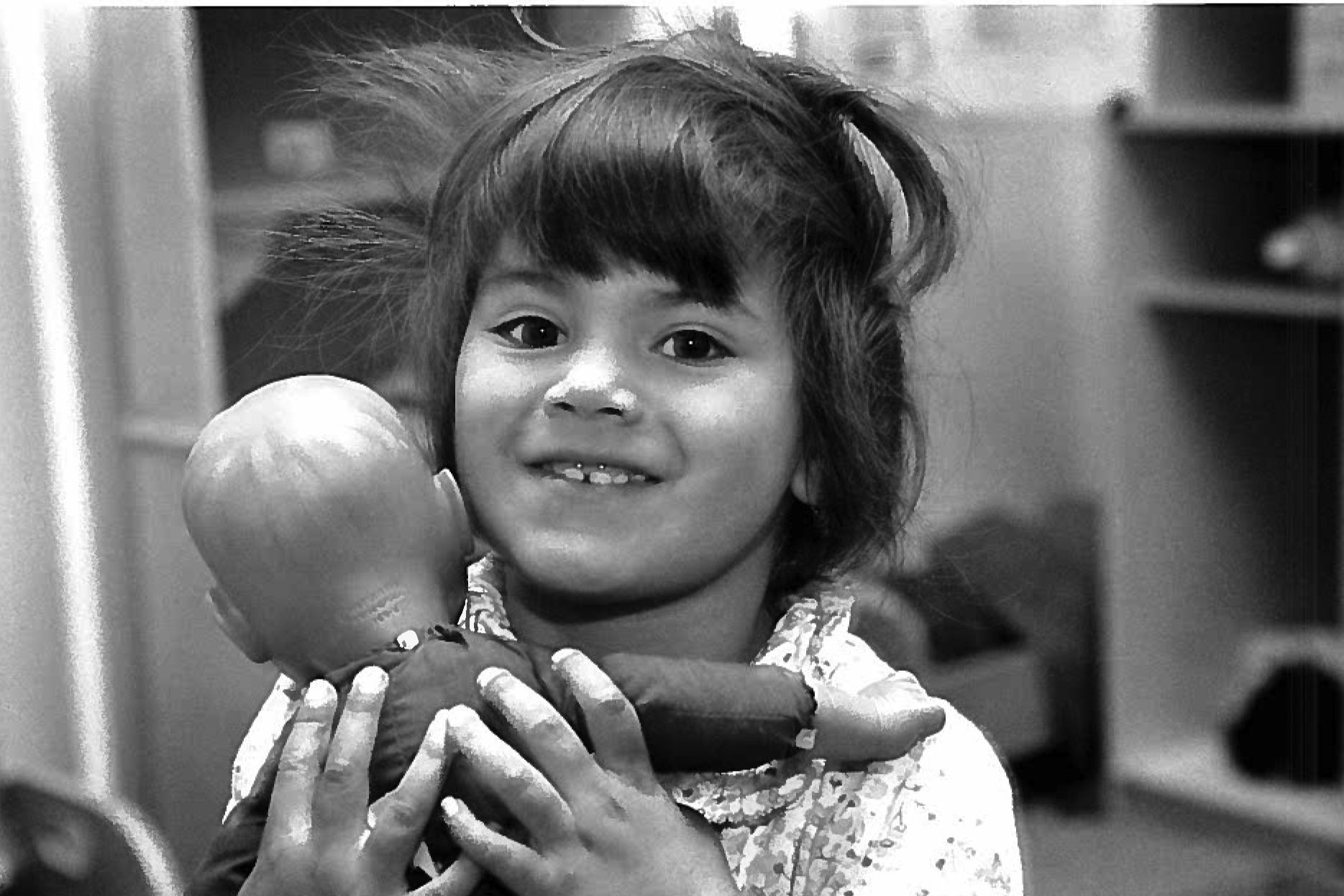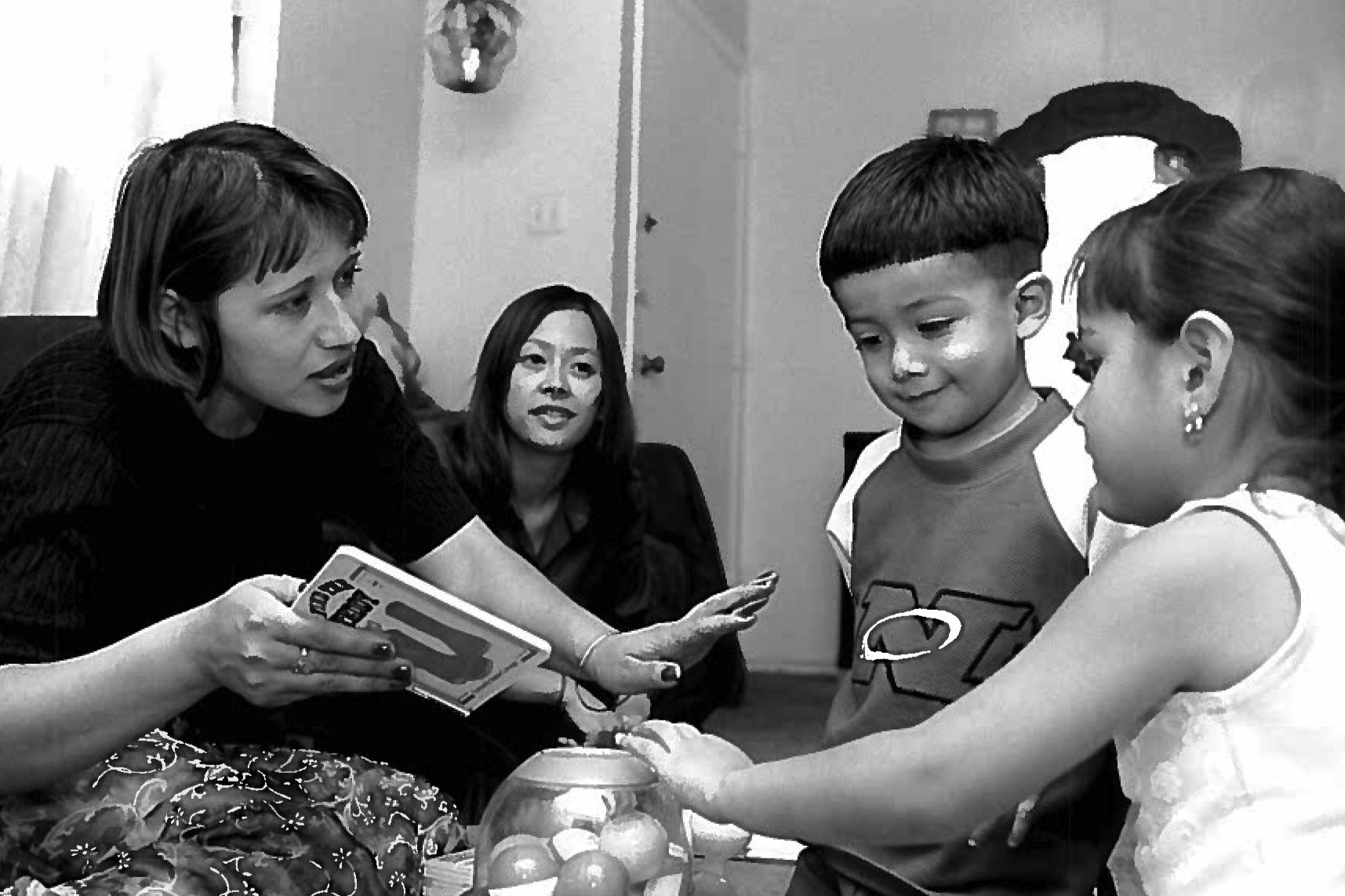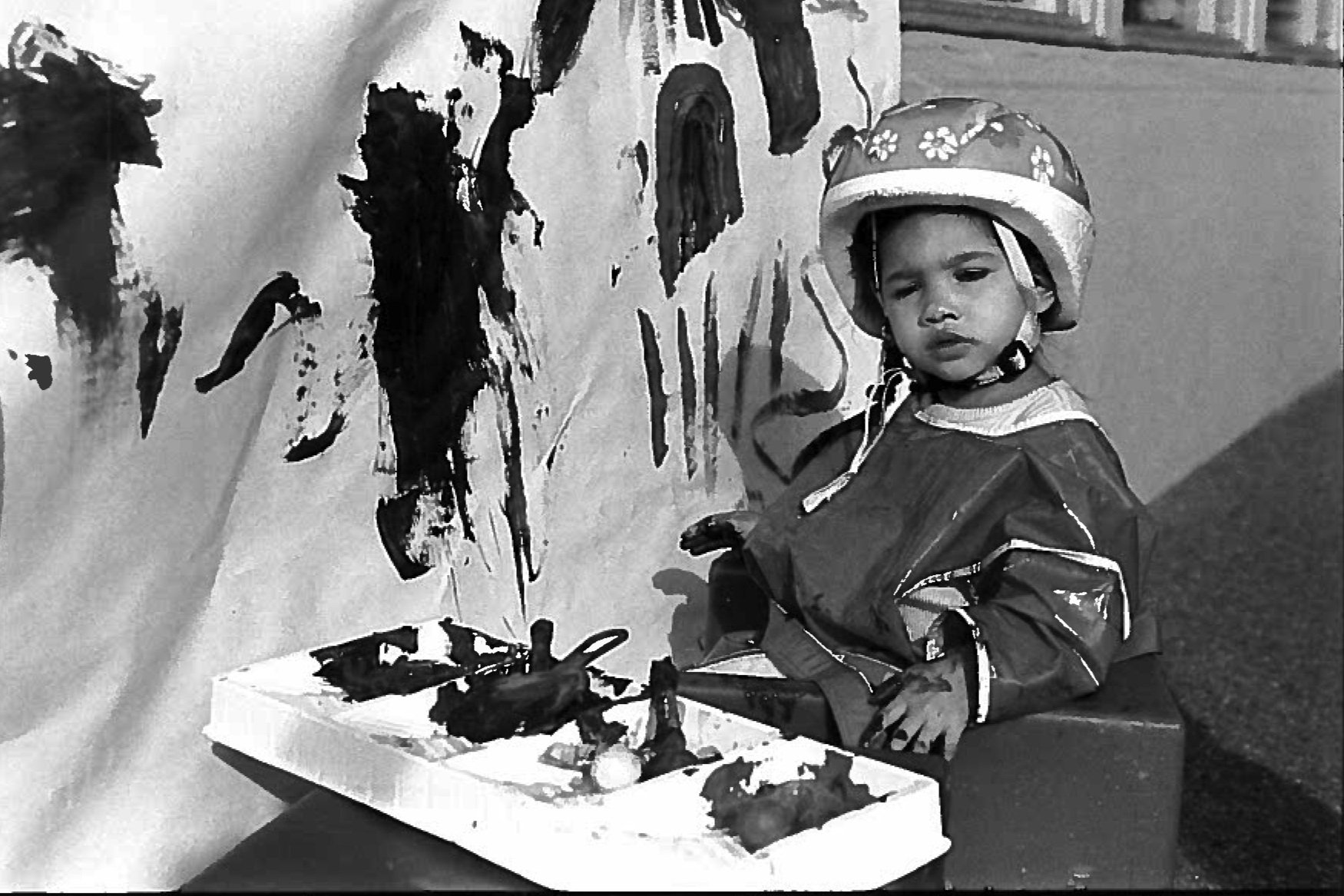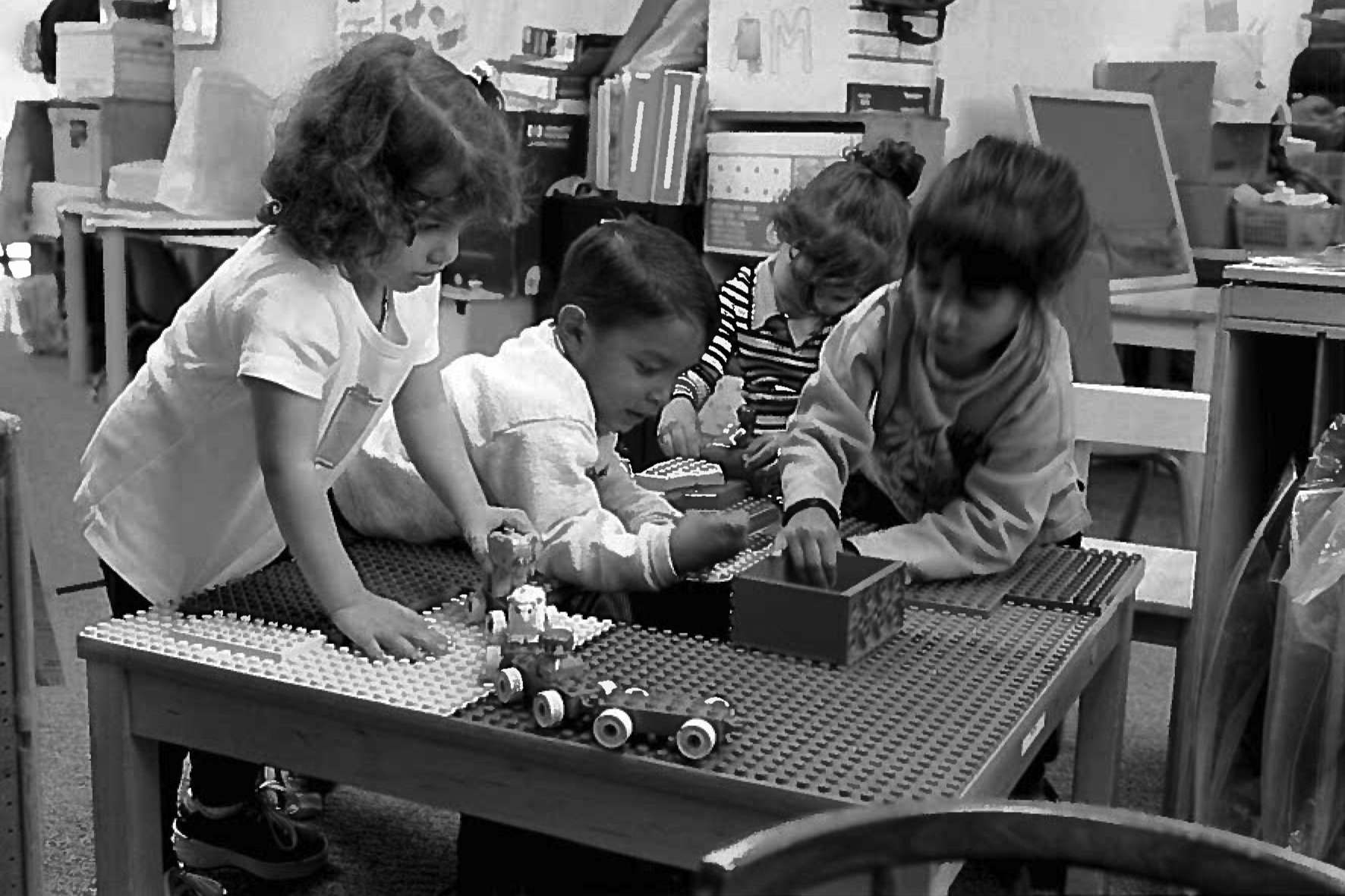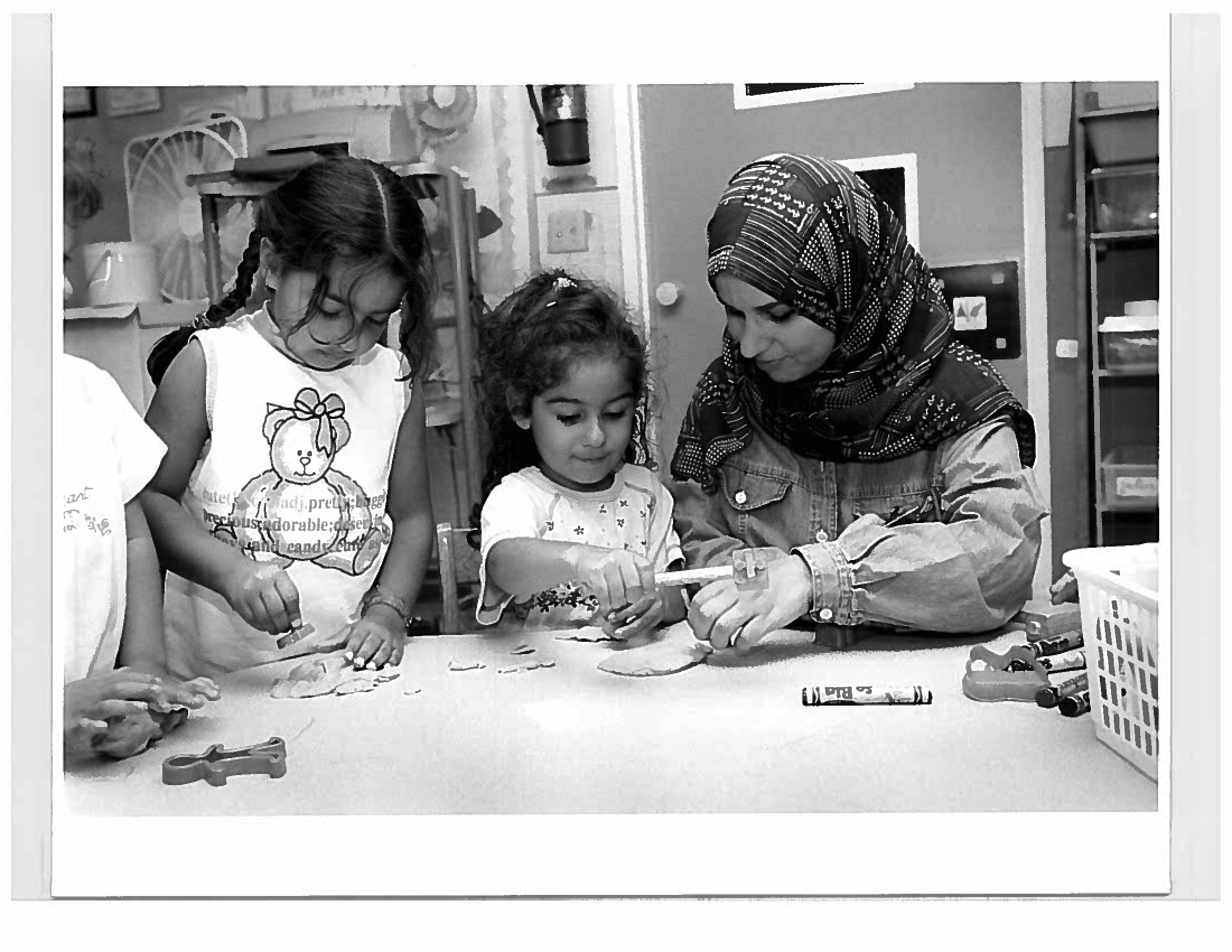The Birth of IHSD
The original blog was posted on our IHSD website before the rebrand and also shared in our 2018-19 annual report. In celebration of our 39th anniversary as an organization founded as The Institute for Human and Social Development, Inc. (IHSD), this is a repost written by Dr. Jean van Keulen.
—-
Prior to my decision to pursue the founding of the IHSD, I had lived and worked in San Mateo County in education and management jobs in the county and throughout the Bay Area for many years. As a resident and parent, I was acutely aware of the rapidly changing needs and challenges that were occurring throughout the county, state and nation; particularly, in the areas of early childhood education, special education, adult education, health, social services and job training opportunities for low-income parents. Social, economic and demographic challenges were abound during the 1960s and 70s nationally, and resulted in an influx of newcomers to the state and county who were ethnically, culturally, linguistically and religiously different. Change was needed in order to respond appropriately to the diverse needs of the new population. It was an interesting time and place to live politically, educationally, socially, economically and demographically. Frequently, I thought of San Mateo County as a place that was undergoing change for a better future. I believed that people were the county’s most valuable resource and that investing in human development would pay the greatest dividends in the long run.
Change was needed in order to respond appropriately to the diverse needs of the new population.
In 1983, it was confirmed that the Head Start Grantee for San Mateo County had been defunded due to findings of some major program deficiencies and numerous areas of non-compliance. I remember thinking at that moment, “I should write a Head Start grant proposal to become the Replacement Head Start Grantee for San Mateo County.” I had gained a lot of knowledge and experience about Head Start, Early Head Start and grant writing during the previous ten years. I knew what a quality program of excellence looked like and felt confident I could write a competitive grant proposal.
As each day passed for the next couple of weeks, I thought about the pros and cons of writing the grant and finally decided I would; yet, I knew that I did not qualify as a grantee. I felt an urgent need to hurry and establish a non-profit corporation right away in order to respond to the request for proposal (RFP) once announced. At this time, the seeds were planted solidly in my mind to just go for it–establish a county-wide non-profit community-based agency and provide programs and comprehensive services that will positively impact people’s lives by helping them to help themselves.
While sitting in the San Mateo County Court waiting room during jury duty, I chose the name, The Institute for Human and Social Development, Inc. (IHSD). Once I decided IHSD was the perfect name in view of the intended focus and services, I did the research needed to develop the incorporation documents and submitted them to the Secretary of State.
Implicit in IHSD’s purpose is self-sufficiency and focuses on delivering a series of human services (e.g., education and training for young children and parents, health services, social services, career development, adult literacy, nutrition education/meal preparation, child development and mental health services). IHSD is committed to promoting collaborative working relationships with local, state and federal agencies. Although the Head Start grant was the agency’s first, it was never intended to only serve as the Head Start and Early Head Start grantee. Instead, additional funding would be sought for services needed in other human service areas, and funds would be sought from local, state, federal governments and foundations.
After establishing IHSD I had a legitimate nonprofit corporation, but on paper only. IHSD had no funds to lease office space, hire staff or purchase/lease office equipment and supplies. Instead, IHSD existed in name only.
At this time, the seeds were planted solidly in my mind to just go for it.
In September 1984, I wrote the first IHSD grant proposal to become the replacement Head Start grantee for San Mateo County. A few months after the county-wide competition, I received a telephone call to notify me that IHSD was awarded the grant from the Federal Government, Administration for Children and Families, Department of Health and Human Services! As I listened to his congratulations, I felt overwhelmed as I had fulfilled my goal to obtain the Head Start Replacement grant but knew I still had no start-up funds to acquire an office, staff, operating supplies, equipment, etc.
Momentarily, I felt a surge of panic as my brain raced knowing I had a lot of work to do and fast. The first thing I needed was an operating budget; however, because IHSD was new and without any sources of funding, I had to figure out how to secure funds to get started since the federal government operated solely on a reimbursement basis for allowable expenses. I started with a personal line of credit, which helped acquire the office space on the first floor of a new building, 220 South Spruce Avenue, Suite 101 in South San Francisco.
The leased office space was built out into offices, storage closets, and conference rooms, etc. I arranged to have the space built in 45 days and equipped with furniture for the administrators, managers, and support staff. I hired a temporary office assistant, Fatima Sequira, as soon as the first office was finished and the remaining office space was still under construction. Together, we worked seven days a week in the office and often 10 – 12 hours per day. While work was still underway on the manager offices, I spent days and nights writing agency and Head Start program manuals, documents, forms, and correspondence.
Once IHSD was fully staffed and operational, quality services were underway and the needs of the children, parents, and communities were the primary focus. The early childhood development program focused on the whole child, each child’s individual needs, first language, learning style, and family. The teachers functioned as reflective, intentional professionals and were considered crucial to high-quality classrooms.
The first grant served over 600 Head Start children and families and Early Head Start served 84 in a home-based option across eight different cities including Daly City, South San Francisco, San Bruno, San Mateo, Redwood City, East Palo Alto, Half Moon Bay, and Pescadero.
Through the combined efforts of the board, staff, and communities, IHSD became known and well respected within the broader San Mateo County community during the first year or two of operation. It gained the reputation of providing exemplary services from a highly committed collaborative agency of qualified staff. The agency’s standards and expectations were very high and the staff and parents were encouraged to continue education and training opportunities. I remained with IHSD as the executive director until 1990.
Dr. Jean E. van Keulen
IHSD, Inc. Founder and
Professor Emeritus, SFSU
*Original content has been edited for brevity



